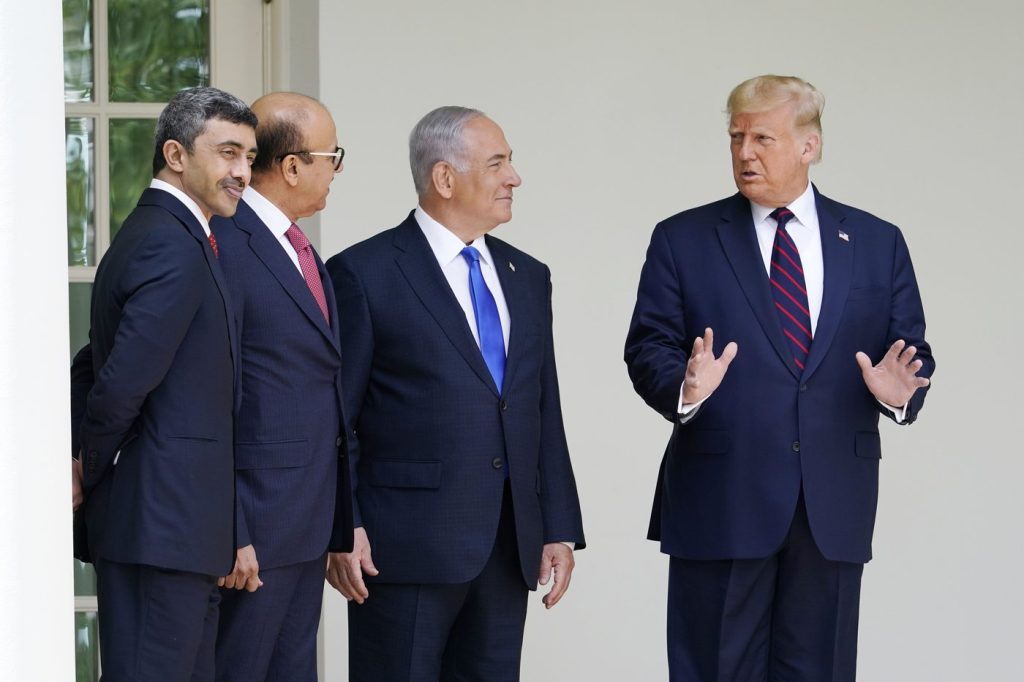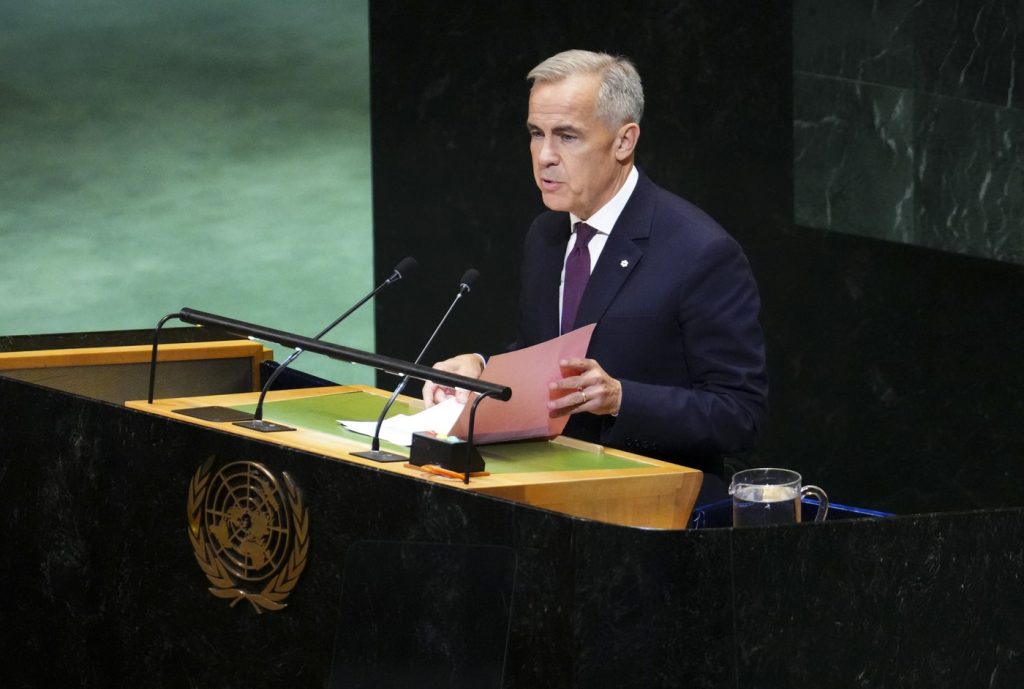On Thursday, WASHINGTON (AP) President Donald Trump declared his strong opposition to any potential Israeli annexation of the occupied West Bank. This statement came in response to growing speculation among Israeli officials regarding the annexation of parts of the West Bank, a move that has drawn significant concern from Arab leaders in the region.
In his remarks to reporters in the Oval Office, Trump stated, “I will not allow Israel to annex the West Bank. It’s not going to happen.” His commitment to opposing annexation is noteworthy given the ongoing tensions and the backdrop of Arab nations' apprehensions about such a move. He indicated that he has communicated with Israeli Prime Minister Benjamin Netanyahu about this issue but remained firm that it would not proceed, saying, “It’s been enough. It’s time to stop now.”
The Israeli government has been considering annexation in light of several nations, including important U.S. allies like the United Kingdom and Canada, formally recognizing a Palestinian state. Recent discussions have intensified amid Israel’s military offensive in Gaza City and the expansion of settlements in the West Bank. Netanyahu is set to visit the White House on Monday, marking his fourth trip since the beginning of Trump's second term in January. Unlike Gaza, the West Bank is governed by the Palestinian Authority, which complicates matters further.
While Trump has traditionally been a staunch ally of Israel, his comments represent a rare instance of potential divergence from Israeli officials on the subject of annexation. Despite continuing to push for the release of hostages held by Hamas, the President's statements suggest a shift in tone, likely influenced by diplomatic pressures from Arab leaders and international stakeholders.
In the background of this situation, the United Arab Emirates has issued warnings about any Israeli moves toward annexation, labeling it a "red line." The broader context of the Arab-Israeli conflict stems from Israel's capture of the West Bank, east Jerusalem, and Gaza Strip during the 1967 Middle East war. Palestinians are seeking these territories to establish a future state, while the international community largely views annexation as detrimental to the long-held aspiration of a two-state solution, which many see as the key to resolving decades of conflict.
The current Israeli government is strongly opposed to Palestinian statehood and advocates for the annexation of significant portions of the West Bank. Despite Trump’s oppositional stance toward annexation, skepticism exists regarding his influence over Netanyahu's administration, especially since Trump criticized Israel's recent military actions against Hamas officials in Qatar without imposing concrete consequences.
Netanyahu is facing pressure within his nationalist government coalition to assert stronger control over the West Bank. Failure to pursue annexation could risk destabilizing his governing coalition, yet appearing flexible on the issue may yield diplomatic concessions from the U.S. A notable demographic shift has occurred, with over half a million Jewish settlers now living in around 130 settlements in the West Bank, which the international community generally views as illegal and a significant barrier to peace.
As the crisis in Gaza persists, outrage from Western nations grows regarding Israel’s military actions. Several countries have recently recognized Palestinian statehood, a gesture rejected by both Trump and the U.S. government, further fueling debates at the United Nations General Assembly. Recent developments highlight a renewed momentum toward achieving a two-state solution, though it remains a contentious topic, facing opposition from both the U.S. and Israel.
Despite being one of Israel's closest allies, Germany has opted against joining calls for a ceasefire or backing Palestinian statehood but has suspended some military exports, a decision welcomed by Palestinians. Yet skepticism remains prevalent among those affected in Gaza and the West Bank, who question whether these international actions can alleviate their dire humanitarian situation as Israeli offensives continue.












